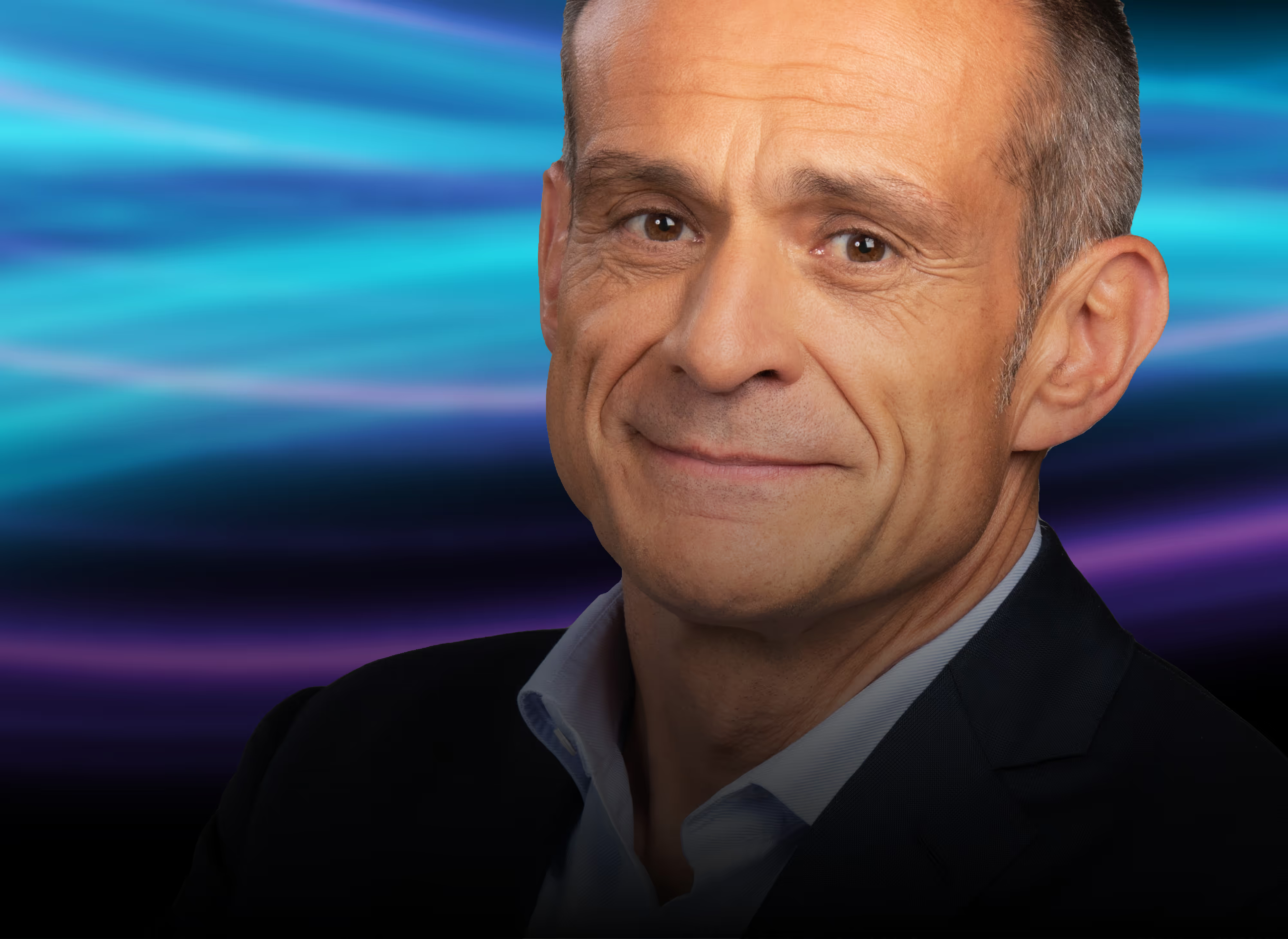Of the world’s 8 billion people, nearly half lack sufficient access to energy to attain middle-class status, according to Jean-Pascal Tricoire, chairman of Schneider Electric, a multinational energy specialist. And because admission to the global middle class has ramifications well beyond day-to-day purchasing power—affecting everything from a nation’s economic growth to political stability—that’s a problem.
An even bigger problem? Projections indicate the world’s population will swell to 10 billion over the next 25 years. Given already existing energy shortfalls, that’s an effective doubling in demand.
Tricoire warns that without a radical shift in our energy paradigm, the surge in demand will not only exacerbate climate change, but also intensify geopolitical conflicts over resource scarcity. Relying on the current energy production and consumption model isn’t an option, he says. “It just won’t work.”
Under Tricoire’s leadership of almost 20 years (prior to becoming chairman, he served as CEO from 2006 to 2023), Schneider Electric, which was founded in 1836, has become a global leader in energy management and automation. The company’s mission centers on providing technologies that power the world—everything from homes and offices to distribution centers and entire cities—with a focus on combining clean electrification with digitization to create efficient and sustainable solutions. “Our aim is to help our customers make the most of their energy and resources,” says Tricoire. “It's all about smart homes, smart buildings, smart cities, smart manufacturing.”
Schneider's strategy rests on three pillars: digitization, which accounts for 50% of the company's operations; sustainability, which drives 70% of customer engagements; and a focus on emerging markets, which represents nearly half its business. The evolution of digitization has been crucial to Schneider's expansion, which since Tricoire took the lead has grown fourfold in size and increased in value by 12.
The company leverages the Internet of Things (IoT) to create interconnected systems that optimize energy use. By collecting and analyzing vast amounts of data through IoT devices, Schneider employs artificial intelligence algorithms to identify patterns, predict maintenance needs and suggest efficiency improvements. It also uses digital twin technology, creating virtual replicas of physical systems to simulate and optimize operations before implementation, which enables real-time monitoring, predictive maintenance and data-driven decision-making.
Tricoire notes that while Schneider’s strategy remains consistent globally, implementation varies according to the needs of different regions and countries. “Fast beats big,” he says. “You have to be extremely local.” For example, while emerging economies have the opportunity to build sustainable infrastructure from the ground up, developed regions prioritize retrofitting existing infrastructure to meet sustainability goals. Europe currently retrofits only 0.5% of its buildings each year, a pace that would require 150 years to achieve net-zero targets. By leveraging digital technologies, Tricoire says, the time to retrofit all buildings could be reduced from 150 years to about 15, which is in alignment with Europe's carbon-neutrality goals for 2050.

Teamwork is central to Schneider's approach. The company works with its top 1,000 suppliers to cut their emissions by 50% over five years, partners with customers to realize energy savings totaling 100 million tons of emissions annually and engages in community initiatives that have brought clean electricity to 50 million people worldwide. Through industry-wide collaborations in such sectors as semiconductors, pharmaceuticals and mining, Schneider employs its groundbreaking solutions to help decarbonize entire value chains, recognizing that 99% of its carbon footprint lies within its supply chain and customer operations.
Tricoire attributes much of his success over his 38-year career at Schneider to taking challenging roles within the company. During his first 15 years, “I always took jobs that were startups in the company—jobs nobody else wanted,” he says, including overseeing Schneider’s operations in China, where Tricoire grew his team from 10 people to 28,000 employees. “Those were the times I learned the most,” he says, adding that such experiences taught him the value of adaptability, innovation and deep market understanding. “You learn much faster when you’re outside the mainstream.”
He likens his role to that of a sports team coach, emphasizing the need to put the right people in the right positions and foster a collaborative spirit. He’s also a fan of frequent field visits, believing that innovation and transformation only come with understanding the realities on the ground. “You can’t judge people based on a team meeting or a PowerPoint presentation,” he says. “They have to be seen in the context of their customers, their environment and their people. The only way to check if you are on the right track is to go into the field.”


.avif)
.avif)
.avif)